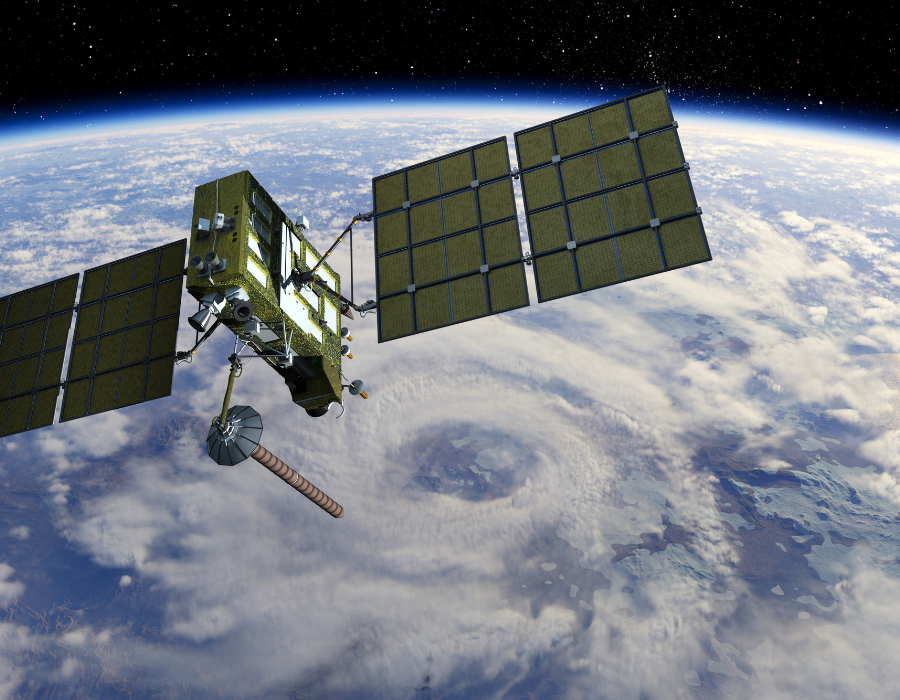February 2025 saw the five-day BioSpace25 conference take place in the Italian city of Frascati. The first of its kind in the BioSpace series, the event was exclusively focused on applying Satellite Remote Sensing in the domain of biodiversity and its various dimensions. This conference was jointly organised by the European Space Agency, the European Commission, the Group on Earth Observations Biodiversity Observation Network (GEO BON) and the Committee on Earth Observation Satellites (CEOS), with a number of other organisations lending their support.
Sandra Luque, INRAE researcher and BioAgora partner, served as session chair during the event’s second day, 11 February. The programme segment in question was titled “Ecosystem extent” and featured 7 presenters whose institutional affiliation spanned Europe, North America and Africa. The session’s core topic was ecosystem extent information, the data type gathered to assess the conditions, challenges and tendencies underlying Earth’s various biomes and our conservation and restoration efforts within them. The main objective of the speakers was to establish a linkage between this knowledge base and Earth observation methods, with the latter shown to enhance the former.
More specifically, the individual showcases highlighted:
-
the evolution of the Global Ecosystems Atlas
-
the role of GEO BON in biodiversity-related activities
-
charting world terrestrial ecosystems in support of the Convention on Biological Diversity
-
knowledge gaps in European habitat mapping
-
utilising Earth observation technologies for improved ecosystems accounting
-
Tanzanian mangrove ecosystems as a case study proving the utility of remote sensing solutions
-
The complementarity of machine learning and Earth observation in innovations of biodiversity monitoring systems
You can watch the full session here. For further information on remote sensing as it pertains to BioAgora’s work, find out more about BioAgora’s Knowledge Exchange Network on monitoring and scenarios.
